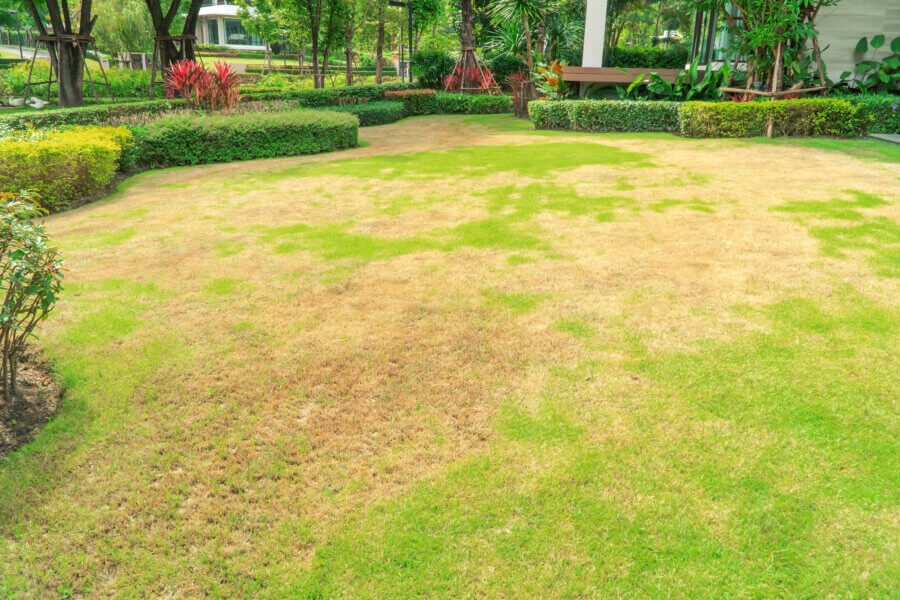
Summer Pests and Your Florida Lawn
Summer is a great time for enjoying your Florida home’s lawn, but your enjoyment can quickly be interrupted if you are dealing with lawn pest issues. Not only can lawn pests harm your lawn, potentially making it look brown and patchy, but some pests can also be harmful to you, your loved ones, or your pets. Fortunately, there are steps you can take to mitigate pest problems and stop them from coming back.
Here’s what you need to know about some of the most common summer lawn pests in Florida and what you can do about them for home control.
Billbugs
Billbugs are small weevils with curved snouts. They are slow-moving, but that doesn’t mean they can’t cause major damage to your lawn. They hollow out the stalks of the grass and also feed on the roots, effectively cutting off your lawn’s water supply. This can leave your lawn with dry, brown patches. While you may be able to spot billbugs on paths around your lawn, you can also tell if they are the culprit by tugging on the damaged grass. If the stalks pull away easily without the roots, or if you notice a sawdust-like substance in the affected area, it is likely that billbugs have taken up residence.
Chinch Bugs
Chinch bugs are notorious here in Florida, and they can make a serious mess of your lawn. These tiny beetles pierce grass blades to suck out the sap within. They can spread quickly and destroy your lawn in short order. Be on the lookout for yellow or red patches that aren’t the result of drought conditions or under-watering. You may also notice a purplish tinge to the damaged areas before they go fully brown. Chinch bugs tend to be drawn to lawns that have high nitrogen content, so use nitrogen-based fertilizers sparingly in the spring, if you need to use them at all, that is.
Sod Webworms
Not technically worms, these destructive critters are actually moth larvae. They feed on grass blades, munching on them until there is nothing left above the surface. Birds love to eat them, so if you notice more birds than usual pecking around in your lawn, you could be dealing with a sod webworm infestation.
Preventing Pest Infestations at Home
Of course, it is better to stop pest problems before they start. Lawns that are unhealthy or stressed are far more prone to pest infestations. Don’t over- or under-water, and mow to the appropriate height for your specific grass variety. Stay on top of weeds, and be vigilant about watching for potential pest activity. The sooner you can address any pest issues, the easier they will be to get rid of.
Restore a Lawn Damaged by Pests
If your Florida lawn has been severely damaged by chinch bugs or other pests, installing fresh sod over the damaged areas will be the quickest and easiest way to bring your lawn back to health. Our sod farms in Florida grow a wide range of sod types. Reach out to our team today to get started.